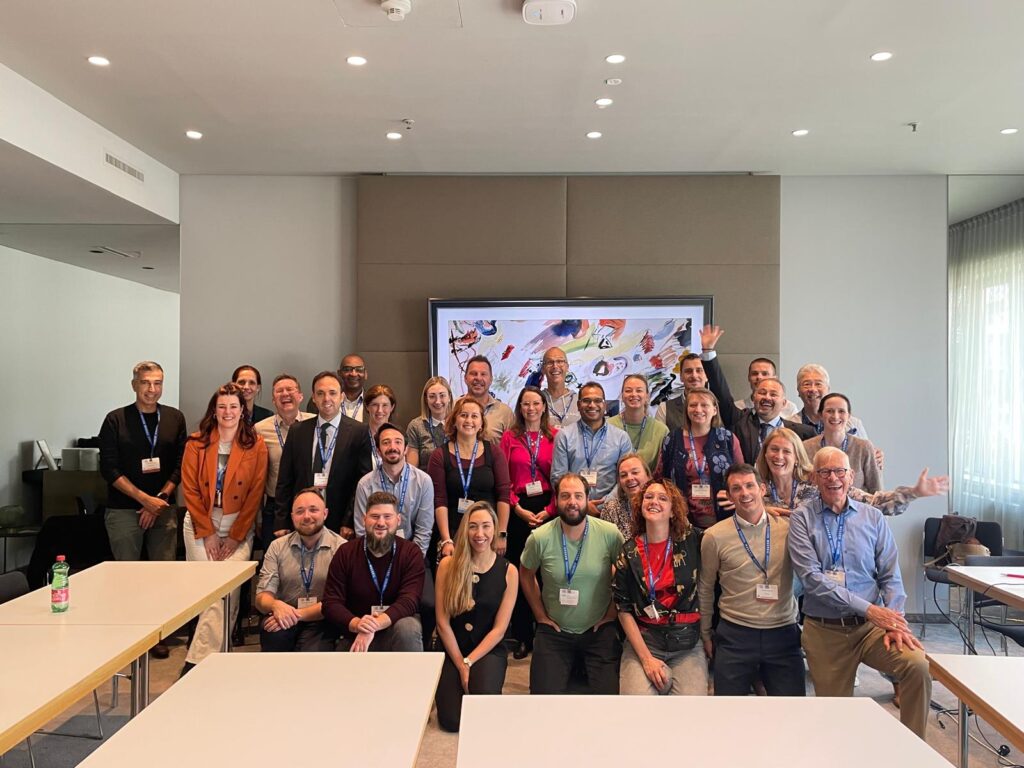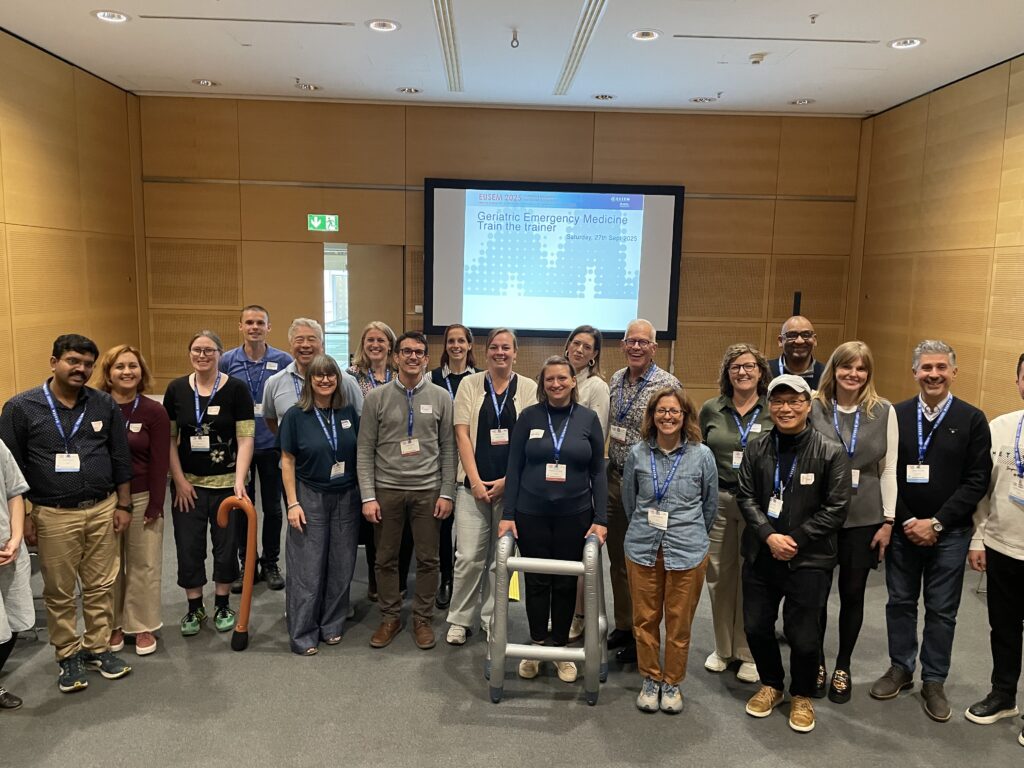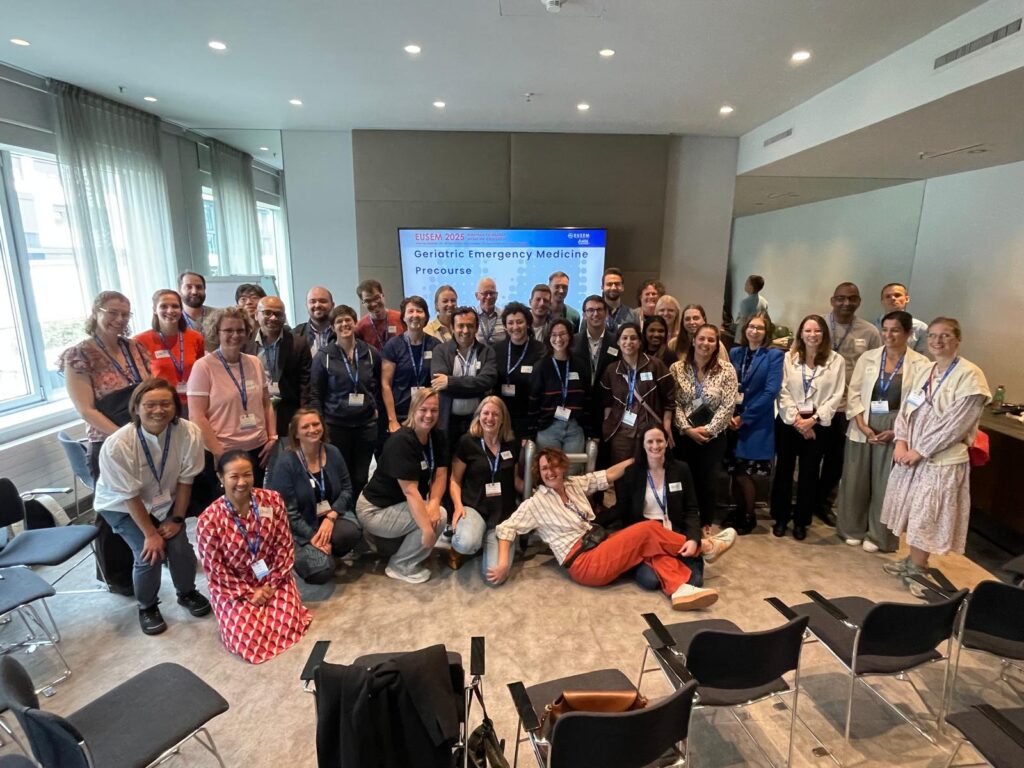We are delighted to announce the appointments of Dr Barry Evans and Dr Santiago Castejón Hernández as the new Chairs of the EuGMS Urgent Care Section.
Barry brings a strong background in clinical leadership including delivering the British Geriatrics Society leadership program for senior registrars and currently serves at a Divisional Medical Director at UHDB in the East Midlands, UK. Santiago brings many years experience collaborating with our Taskforce in education, quality, and research track activities. They’re looking to work collaboratively to set the direction of the SIG and strengthen our bond with ETGEM.
Congratulations on your appointments!



